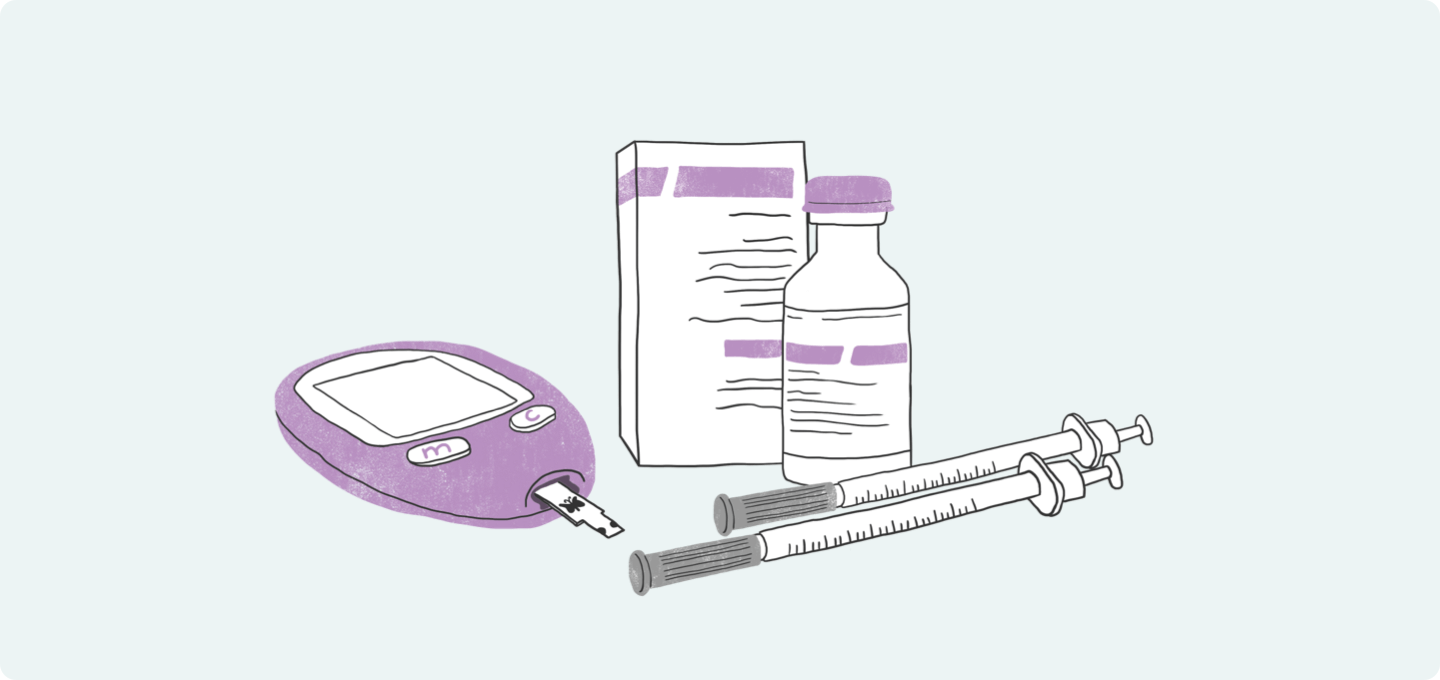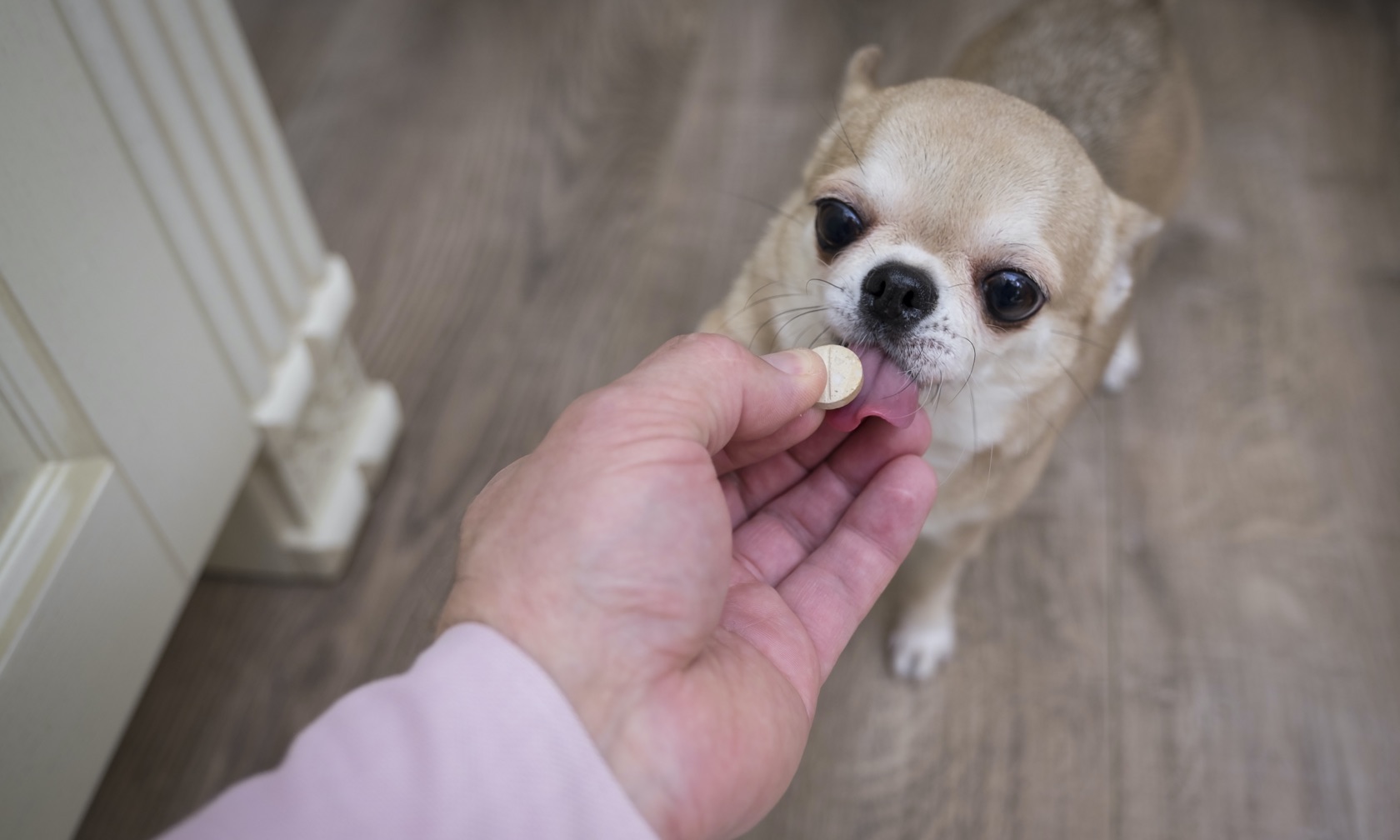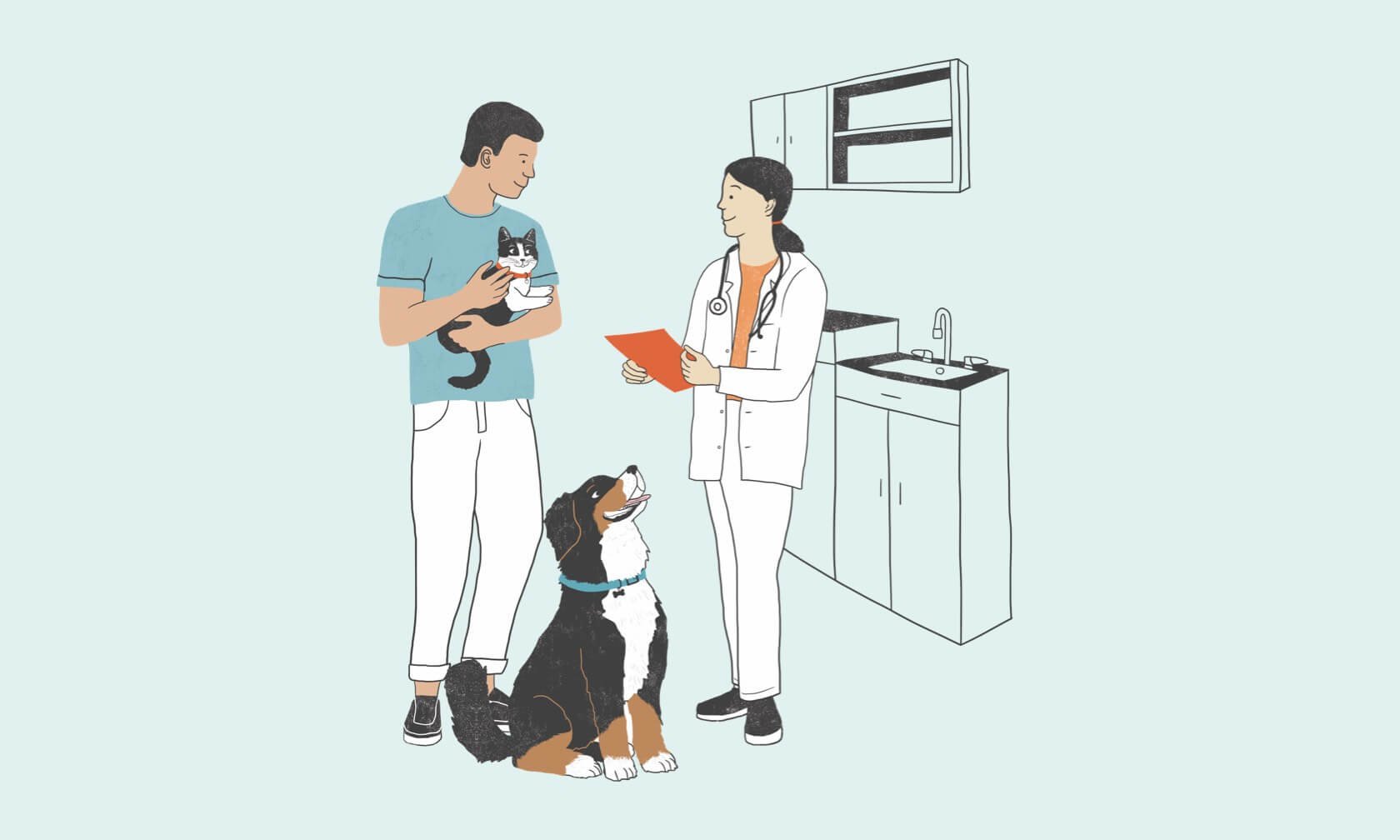Missing a dose of your pet’s medication can have serious consequences depending on what your pet is being treated for. But remembering to give your pet their medication on time can be tough. Life gets busy and we often forget to take our own medication — not to mention give our pets their daily insulin dose, once-monthly flea and tick prevention, heartworm disease preventative, or three-times daily eye drops. But it’s important that your dog or cat doesn’t miss a dose of their medications, as it can adversely affect their health, prolong their condition, or put them at risk for diseases.
What Happens When Your Pet Misses a Dose of Their Medication?
When your veterinarian prescribes a medication for your pet, the amount and timing of the dose is designed to ensure that the medication stays at the correct level in their bloodstream or tissue for the most effective treatment. If you miss a dose, the medication can quickly lose its effectiveness — which is why it’s important to check with your veterinarian if you miss giving your pet a dose.
In the case of antibiotics (if your pet misses more than one dose), that risk goes up even more and your veterinarian may have to prolong the course of treatment or add an additional, more powerful antibiotic to fully combat the infection1.

For ongoing daily pet medications, like insulin, missing a single dose can have serious health implications. For example, missing a dose of insulin can result in high blood sugars in your pet which can cause more mild symptoms like increased drinking and urination — but could also result in a serious medical condition called diabetic ketoacidosis.
It’s important to keep your pet on year-round preventatives due to the prevalence of parasites throughout the country. Many tick and flea medications are manufactured in a once-monthly topical application or pill formulations. If you miss that monthly dose, your pet is at a potential risk of getting flea or tick bites, which can transmit some serious diseases.
Heartworm preventive medicine is especially important to keep on schedule for your pet. If you miss a dose and your pet is bitten by an infected mosquito, it puts them at risk. Heartworm disease is devastating for pets – it’s costly to treat for dogs, and in the case of cats, there aren’t any treatment options.
Easy Ways to Remember Your Pet’s Medication
- Get automatic email and text message reminders for preventative medications when you enroll in our Dosage Reminders program.
- Set up a recurring event in your smartphone’s calendar that will notify you when it’s time to give your pet their dose.
- If you prefer a wall calendar, grab some stickers to put on the days your pet’s medication is to be given or circle those dates with a marker. Make sure to plan for the whole year and mark every month of the calendar.
- Speak with your veterinarian to find out if there is an injectable that can be given instead of a pill for your pet’s medication. Oftentimes the injections can last longer and mean less frequent dosing.
What Should You Do if You Forget to Give Your Pet Their Medication?
If you realize that you forgot to give your pet medication on time, don’t panic — but do call your veterinarian to find out your next steps. Depending on the medication missed and by how long, they’ll be able to advise you when to give the next dose and any other steps you might need to take. They’ll also let you know if they might need to write a new prescription for a different formulation or medication, or if your pet will need any additional blood tests before restarting treatment (sometimes this may be recommended for missed heartworm medication doses).
It can be easy to forget to give your pet medication, so plan ahead and set up some reminders to avoid the risks of missing your pet’s medications (and the hassle of having to restart treatment). By taking a few minutes now, you’ll save yourself lots of time in the future and keep your pet healthy and protected.
ZPC-00441R2
- Michael A. Kohanski, Mark A. DePristo, James J. Collins. Sublethal Antibiotic Treatment Leads to Multidrug Resistance via Radical-Induced Mutagenesis. Molecular Cell, Volume 37, Issue 3, 311-320, 12 February 2010 DOI: 10.1016/j.molcel.2010.01.003



